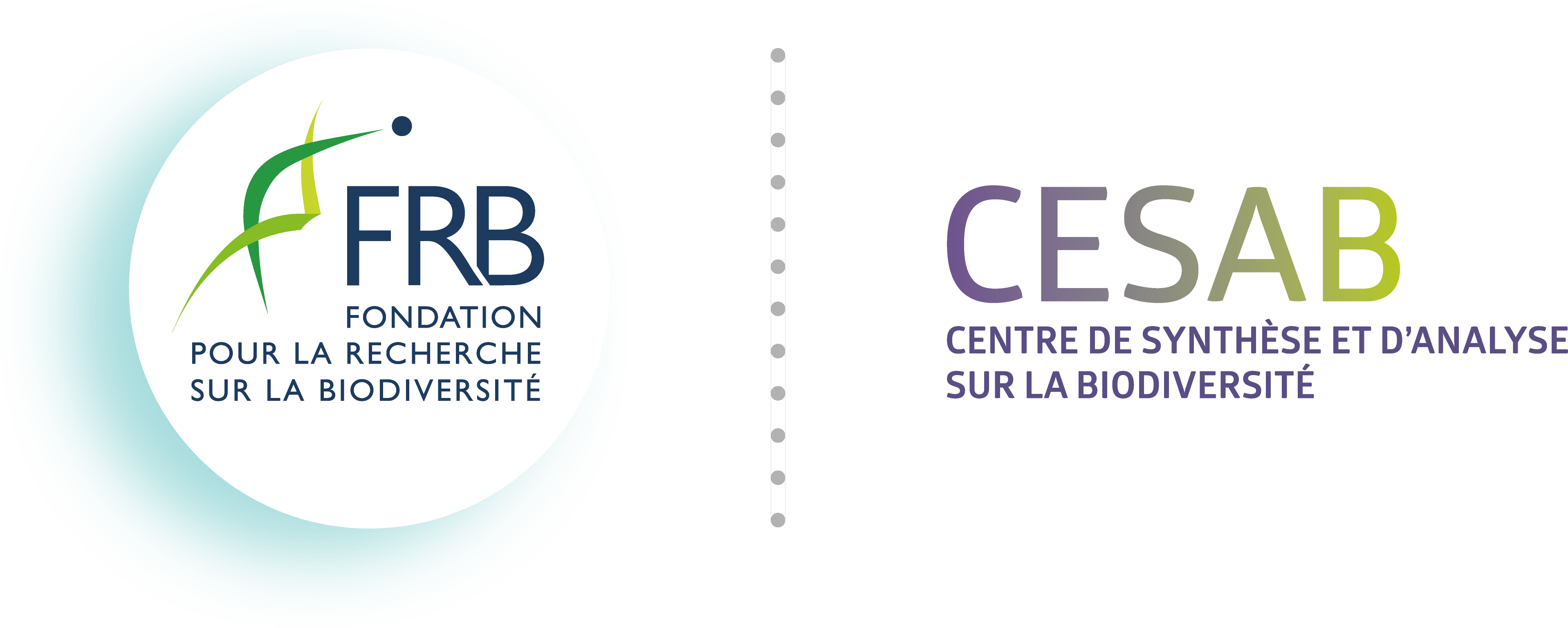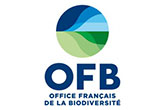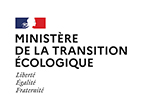LANDWORM
Impact of land use and management on earthworm communities
The biogeography (i.e., discipline of biology that studies the present and past distribution patterns of biological diversity and their underlying environmental and historical causes) as well as the anthropogenic and natural factors impacting earthworm communities (composition, structure and functional traits) remain largely unknown. Yet, earthworms are ecosystem engineers involved in key soil functions and associated ecosystem services.
LANDWORM aims to quantify the current and past (less than 50 years) effects of land use and management on earthworm communities, considering the heterogeneity of soil and climatic contexts at the national scale, in order to
- understand and predict earthworm community assembly
- identify favorable land management practices.
LANDWORM also aims to produce reference and threshold values to contribute to the bio-monitoring of the French territory. The data collected by this working group covers agricultural, forestry, semi-natural and artificial land uses and the main land management practices associated with these uses.

PIs:
Daniel CLUZEAU – Université de Rennes (France); Céline PELOSI – INRAE (France), Guénola PERES – Institut Agro (France)
Postdoc:
Kevin HOEFFNER – Université de Rennes (France)
LANDWORM brings together specialists in soil ecology, community and functional ecology, data management and analysis, and agronomy.
LANDWORM was selected from the 2021 call for proposals with OFB and MTE “Impacts on terrestrial biodiversity in the Anthropocene”. The project selection process was carried out by a committee of independent experts.
[04] Gérard S, Decaëns T, Butt KR, Briones MJ, Capowiez Y, Cluzeau D, Hoeffner K, Le Bayon R-C, Marchán DF, Marsden C, Muys B, Pelosi C, Pérès G, Phillips HR, Santini L, Thuiller W & Hedde M (2025) Putting earthworm conservation on the map: Shortfalls and solutions for developing earthworm conservation. Biological Conservation, 302, 110911. DOI: 10.1016/j.biocon.2024.110911.
[03] Hoeffner K, Bergerot B, Butt KR, Gérard S, Pelosi C, Pérès G, Briones MJ, Decaëns T, Delaveau N, Guillocheau S, Hedde M, Hotte H, Le Bayon R-C, Muys B, Phillips HR, Poupelin M & Cluzeau D (2025) Reliability of earthworm data from citizen science: Lessons from 7 years of a French national monitoring protocol. Applied Soil Ecology, 214, 106329. DOI: 10.1016/j.apsoil.2025.106329.
[02] Phillips HRP, Hoeffner K, Muys B, Le Bayon R-C, Cluzeau D, Butt KR, Maréchal J, Briones MJI, Decaëns T, Hedde M, Gérard S, Pérès G, Petit-Dit-Grézériat L & Pelosi C (2025) Urban earthworm communities driven more by climate and elevation than urbanisation intensity. Urban Ecosystems, 28, 210. DOI: 10.1007/s11252-025-01826-z.
[01] Hoeffner K, Louault F, Lerner L & Pérès G (2024) Management of grassland: A necessary tool to maintain plant and earthworm diversity. European Journal of Soil Biology, 120, 103589. DOI: 10.1016/j.ejsobi.2023.103589.

